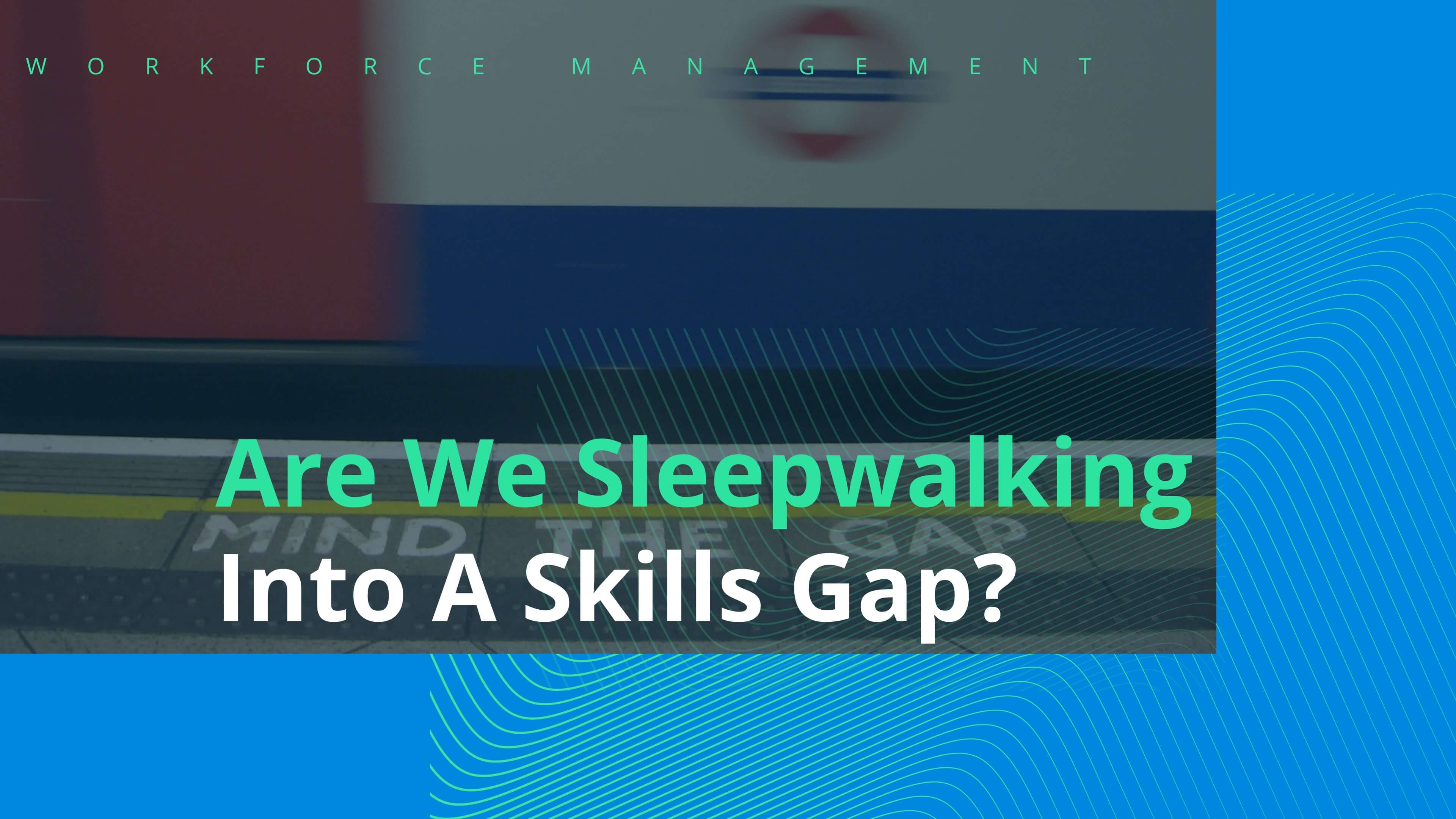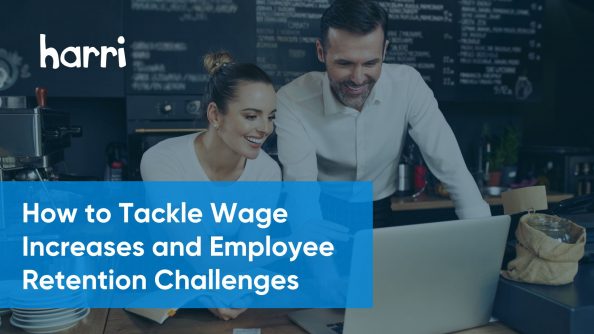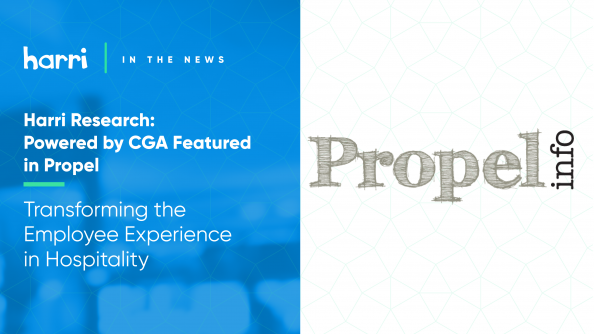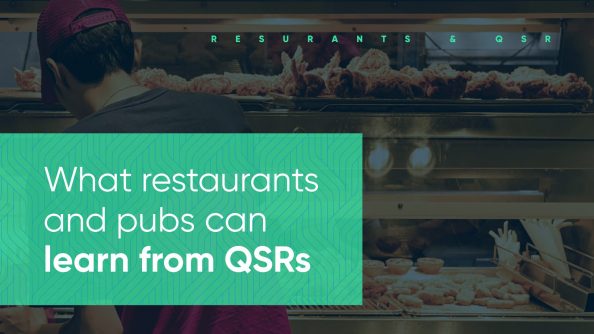Hospitality: Are We Sleepwalking Into A Skills Gap?

- By Harri Insider Team | March 3, 2021
2020 was no doubt one of the most challenging years for the hospitality industry. And with Brexit now a reality, this year’s going to be no different. The pandemic naturally took the industry’s eye off the ball when it came to planning for our exit from the EU, but action is needed now.
As bars, restaurants, hotels and leisure facilities prepare to welcome back customers, it’s crucial that employers are mindful of their employer value proposition. Businesses should use the lockdown period to get the right things in place ready for the return to work in the coming months.
Here are just some of the ways Brexit will impact the hospitality industry and its staff in 2021.
Immigration changes
It’s widely known that the hospitality industry relies heavily on workers from the EU and further afield. According to Hospitality and Catering News, roughly 24% of the people working in the sector are EU nationals. Sadly, with new immigration rules right around the corner, that number may soon decrease.
Many recruiters and HR managers in the UK say that Brexit is already impacting workforce planning and hiring strategies. This is only going to get worse as time goes on; as of 31st January 2021, ‘low skilled’, non-UK workers who earn less than £20,480 will no longer be able to be employed in the UK. Consequently, a large percentage may leave the country, creating a skills gap that could take years to fill.
The responsibility to bridge that gap will, of course, largely lay with business owners.
Potential staffing issues
Whilst hospitality businesses rely massively on non-UK workers to fill lower-level positions, these roles are essential to the functioning of the industry. Once 31st January rolls around, many entry-level hospitality jobs – including baristas, kitchen porters, bartenders and waiting staff – will be unfilled. Around 75% of waiters and waitresses in London are from the EU, for example. The sector must act now to prevent a shortage of workers who effectively act as the lifeblood and the faces of our organisations.
In cities and towns outside of London, many of these roles currently fall under the minimum salary threshold of £20,480, meaning that only UK nationals will be able to fill them. Since many people living in the UK typically view the hospitality industry as a place where they can take on a temporary role whilst studying, if companies are unable to attract and retain new talent, this will inevitably lead to a staff crisis within the industry.
Post-Brexit vacancy costs
As to be expected, filling roles after 31st January will not be cheap. Generally speaking, non-UK workers demand far less pay compared to UK workers, which allows business owners to hire cost-effectively and invest in other areas of their company. With UK residents now expecting higher pay, organisations across the country may be forced to foot the bill simply to fill the skills gap.
Of course, it isn’t all bad news for the hospitality industry. With more people now looking for work, there may be just enough talent to ensure the return to work can go smoothly. But to prepare for these changes before reopening, you need a platform that can support you with your talent acquisition. Harri can do just that.
Our workforce management platform has been designed with the service industry in mind. Not only is it easy to find and engage both active and passive candidates, there’s never been a more crucial time to retain your staff and Harri’s smart scheduling will ensure you’re giving your staff the flexibility they need. To learn more about how Harri can support you, watch the short introduction video on our homepage.





















